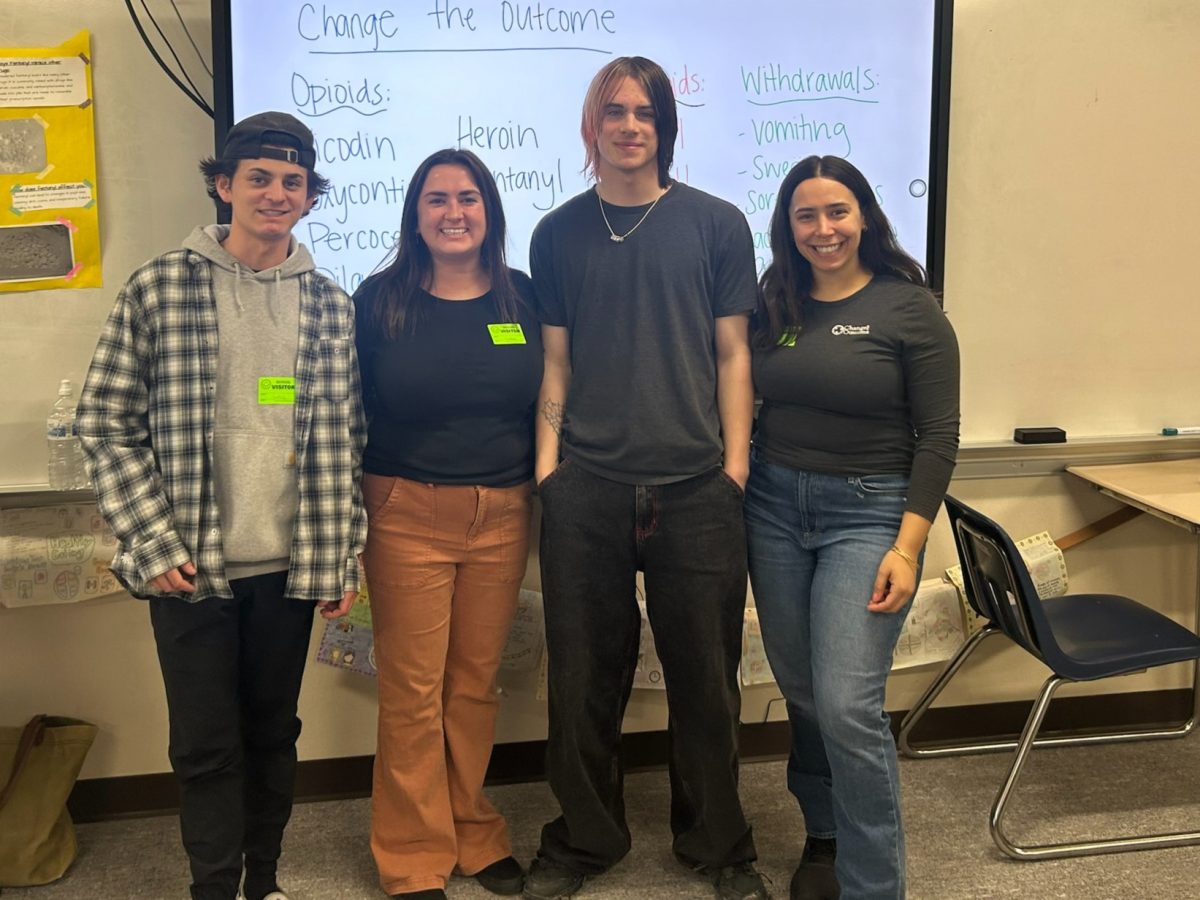Minneapolis was awarded nearly $300 million as part of the first round of an opioid settlement lawsuit which will help fund community-based groups.
The city’s health department will receive $296 million over 18 years, with $222 million going directly to cities and counties, according to the Minnesota Attorney General’s Office. Minneapolis has received about $11 million in opioid settlement funding so far.
Minnesota became part of a multistate coalition in suing opioid manufacturer Johnson & Johnson and three of the largest opioid distributors for their role in the opioid crisis, according to the Attorney General’s office. As part of the settlement, the coalition has agreed to resolve their investigations and lawsuits into the companies.
Addiction organizations will be funding more training, buying Narcan and distributing medical supplies.
The opioid crisis continues to be an ongoing threat. There were more than 1,000 opioid-related deaths in Minnesota in 2022, with Minneapolis accounting for nearly a fourth of deaths, according to the City of Minneapolis. Despite making up only 7% of the state’s population, Minneapolis is home to 24% of all opioid-related deaths.
Fentanyl is typically prescribed as a pain medicine and increases the risk associated with drug use. It is similar to morphine but 50 to 100 times more potent, according to the National Institution on Drug Abuse.
Change the Outcome is an organization focused on educating youth about opioid use. Colleen Ronnei, executive director and founder of Change the Outcome, said it takes less than a week for a drug to modify your brain and preexisting conditions can amplify the odds of getting addicted.
“It only takes three to five days for a narcotic, an opioid to start kind of changing the way your brain operates,” Ronnei said. “Unfortunately, people with ADHD have a higher risk of developing a substance use disorder.”
Boynton Health said in an email statement to The Minnesota Daily that they are partnering with the Steve Rummler Hope Network to provide free overdose response training to students, faculty and staff on campus. Narcan reverses the symptoms of an overdose and can be bought over-the-counter at stores like CVS and Walgreens by students in case of an emergency.
Alicia House, the executive director of Steve Rummler Hope Network, said training on how to respond to an overdose can help save lives.
“Even if you yourself aren’t at risk, chances are you may come across somebody who is and you’re going to want to be prepared to potentially save a life,” House said.
Minnesota Somali Community Center Executive Director Hassanem Mohamed said the center received about $75,000 in funding and is using it for outreach opportunities in the Cedar-Riverside area to ensure people receive treatment and medical support for any addictions they may have.
Mohamed said that while the funding received is focused on the Somali community, this crisis extends far beyond the community and work needs to be done to address it across the state. House said initiating a conversation about this is the first step to helping the crisis.
“If we all just have a conversation like, you learned something today, and then you might be sitting at your dining room table and you bring it up, like, ‘Guess what I learned today,’” House said. “You’ve just spread the information and it’ll continue to move on.”
Ronnei said funding for youth prevention is vital as it destigmatizes addiction while informing people about the potential risks.
“We can treat people,” Ronnei said. “We can help them stay disease-free or symptom-free, but we have to teach them about it so they can even avoid it.”








